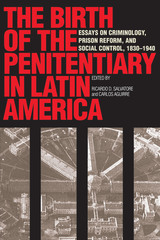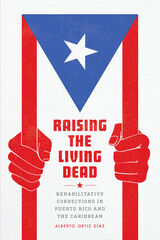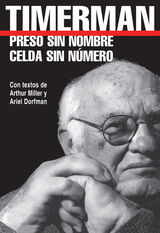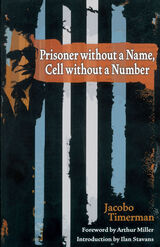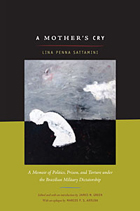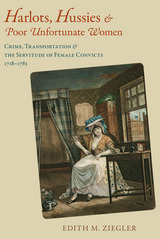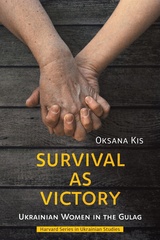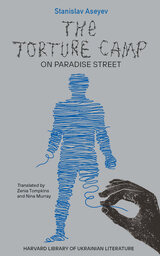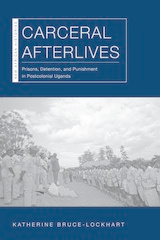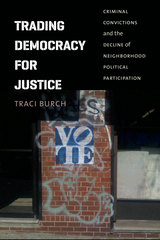Women Political Prisoners in Germany: Narratives of Self and Captivity, 1915-91
University of London Press, 2016
Cloth: 978-0-85457-247-2
Library of Congress Classification HV9677.R53 2016
Dewey Decimal Classification 364.943
Cloth: 978-0-85457-247-2
Library of Congress Classification HV9677.R53 2016
Dewey Decimal Classification 364.943
ABOUT THIS BOOK
ABOUT THIS BOOK
One of the few major enquiries into women’s narratives of political incarceration, this volume examines first-person accounts written against a backdrop of momentous historical events in twentieth-century Germany. Rosa Luxemburg’s prison letters are the starting point for the study, which explores the ways in which writing is used as a response to incarceration: how does the writer ‘perform’ femininity within the de-feminizing context of prison? How does she negotiate a self-representation as a ‘good’ woman? Central to this investigation is an awareness of the role of language as a means of empowerment within the disempowering environment of prison. As a key female political figure in twentieth-century Germany, Luxemburg wrote letters from prison that encapsulate prevalent notions about womanhood, prison, and political engagement that are perceptible in the subsequent texts of the study. The diaries of Luise Rinser and Lore Wolf from National Socialist prisons show, in different ways, how the writer uses language to ‘survive’ prison, whilst Margret Bechler’s and Elisabeth Graul’s retrospective accounts of GDR incarceration give insight into the elastic concept of both the political prisoner and the ‘good’ woman. All narratives provide examples of the role of language in resisting an imposed identity as ‘prisoner’, ‘criminal’, and object of the prison system. Kim Richmond completed her PhD at the University of Edinburgh and is now an Associate Lecturer in Languages at the Open University.
See other books on: Captivity | German | Narratives | Self | Women prisoners
See other titles from University of London Press

